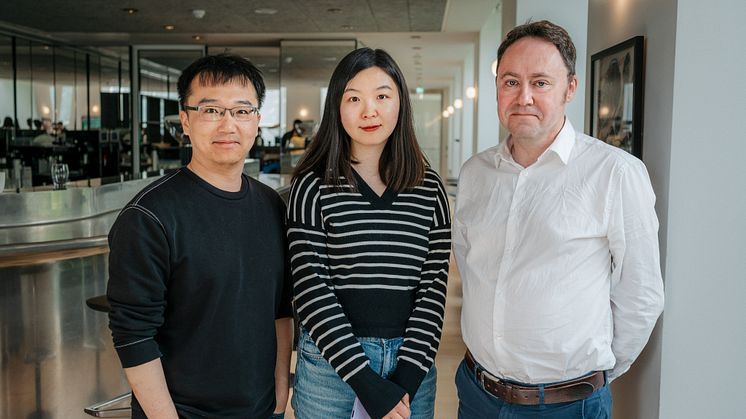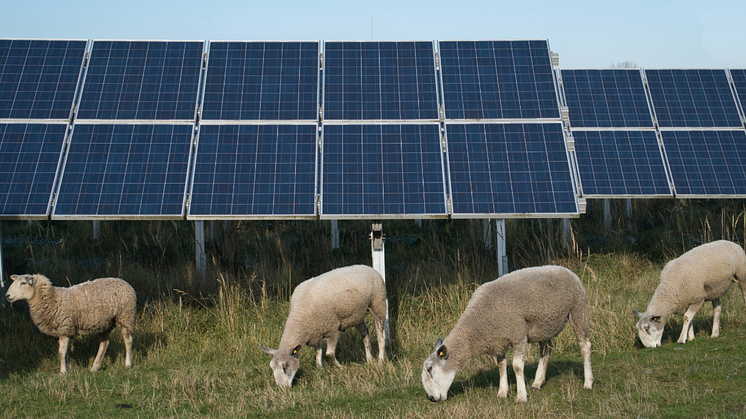Ancient volcanoes released ‘cryptic’ carbon dioxide far longer than previously believed
Ancient volcanoes continued to eject carbon dioxide into the atmosphere for millions of years after their eruptions ended, researchers have discovered.
Ancient volcanoes continued to eject carbon dioxide into the atmosphere for millions of years after their eruptions ended, researchers have discovered.
Major differences in the way that Antarctica’s ice sheets formed millions of years ago could be the reason why ice is melting faster today than predicted, especially in West Antarctica, an international research team has discovered. The surprising findings, detailed in unique geological sediment samples from drill cores, provide insights into when and where today’s Antarctic ice sheets formed.

Researchers from Northumbria University have led the creation of a blueprint for policy reform which aims to bring an end to poverty and inequality in Britain.

Northumbria University has been ranked among the top 50 institutions in the world for sustainability in the Times Higher Education Impact Rankings 2024.

In this article originally written for The Conversation*, Northumbria University PhD candidate in Marine Ecology, Matthew Floyd , discusses seagrass in the Maldives.
Two Northumbria University Fashion students have had their looks selected to be part of the UNTAGGED x Graduate Fashion Week collection, with one also being named the overall winner of the competition.

Researchers at Northumbria University have undertaken a project exploring sustainable planning with the coastal communities in North and South Tyneside. The team developed and championed methods to enable communities to co-design how urban redevelopment might best serve their neighbourhoods.

Researchers will develop new ways to monitor carbon emissions from vast swathes of peatland after winning almost half a million pounds to develop new sensors that can be used in remote areas.

Economists and environmental scientists from Northumbria University have joined forces with regional leaders across the North East to co-design a renewable energy toolkit.

Staff and students from Northumbria University are helping to bring the work of a North East community regeneration project to life.

Researchers have found a new way to simplify the structure of high-efficiency blue organic light-emitting diodes (OLEDs), which could lead to longer-lasting and higher definition television screens.

A group of nine Northumbria University students travelled to the U.S. Embassy in London to present their climate and environment policy recommendations after months of being mentored by a number of industry experts from the public, private and third sectors.
